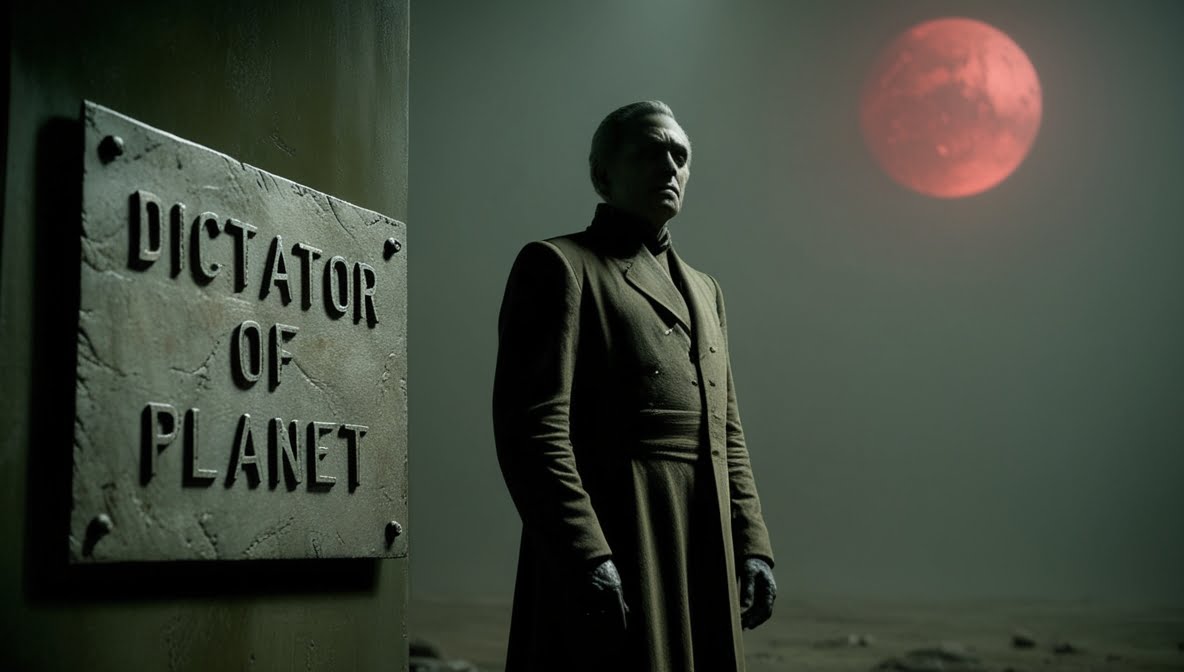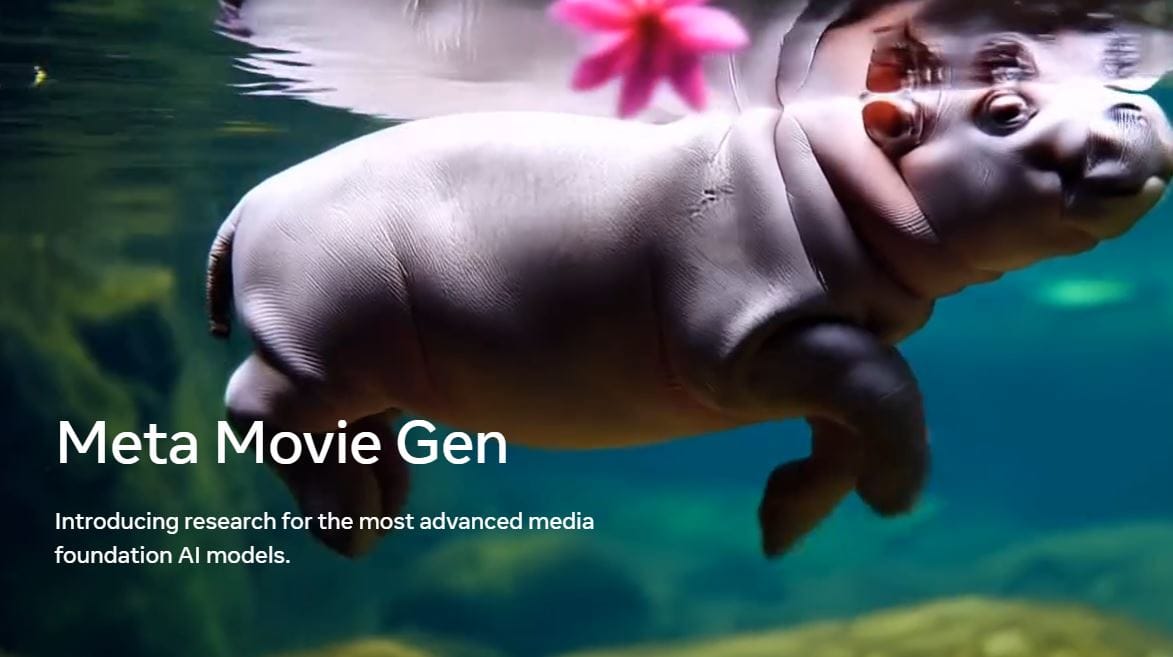Imagine waking up one day to discover that a single dictator rules the entire world. This might sound like the plot of a dystopian novel, but it’s a scenario that provokes many intriguing questions and concerns. What would daily life be like? How would global policies be shaped? And what would happen to individual freedoms?
The Immediate Impact of Dictatorship on Daily Life
One of the first changes we would notice is the shift in daily routines. Under a global dictatorship, personal freedoms would likely be severely restricted. Every aspect of life, from the media we consume to the jobs we hold, would be under tight control. Dissent and opposition would be dangerous, as the dictator’s regime would probably employ surveillance and severe punishment to maintain power.
How Would Laws and Policies Be Implemented under Dictatorship?
One pressing concern is the implementation of laws and policies. A dictator ruling the world would have the authority to impose a uniform set of laws across all nations. While this might create consistency, it also poses significant risks:
- Loss of Cultural Identity: Diverse cultures and traditions might be suppressed in favor of a homogenized global culture.
- Lack of Representation: With one person holding absolute power, individual and community voices would be marginalized.
- Human Rights Violations: Historical dictatorships have often been marked by severe human rights abuses. A global dictatorship could exacerbate these issues on an unprecedented scale.
What About the Economy?
The global economy would undergo massive changes. Centralized control might streamline certain processes, but it could also lead to:
- Economic Inequality: Resources could be allocated unfairly, favoring the dictator’s supporters.
- Lack of Innovation: Innovation thrives on freedom and competition, which would likely be stifled under a dictatorship.
- Black Markets: In response to restrictions, black markets might flourish, leading to an underground economy.
How Would This Affect International Relations?
With no independent nations, traditional international relations would cease to exist. Instead, the dictator would dictate all diplomatic and trade policies, potentially leading to:
- Global Tension: Regions previously at odds might find themselves forcibly united, leading to internal conflicts.
- Power Struggles: Within the dictator’s regime, power struggles and corruption could destabilize the global order.
What About the Environment?
Environmental policies under a global dictator could be a mixed bag. On one hand, centralized power could enforce strict environmental regulations. On the other hand:
- Exploitation of Resources: A dictator might prioritize economic growth over environmental protection, leading to resource depletion and ecological damage.
- Lack of Accountability: Without checks and balances, there would be little to hold the regime accountable for environmental destruction.
Living Under Constant Surveillance
A hallmark of many dictatorships is extensive surveillance. In a world ruled by a single dictator, this could mean:
- Invasion of Privacy: Personal privacy would be virtually non-existent, with constant monitoring of communications and activities.
- Fear and Compliance: People might conform out of fear of punishment, stifling creativity, and personal expression.
Resistance and Rebellion Against Dictatorship
History shows that oppressive regimes often face resistance. In a world under a dictator, resistance movements could take various forms:
- Underground Movements: Secret groups working to undermine the dictator’s power.
- Global Rebellions: Coordinated efforts across different regions to overthrow the regime.
- Digital Warfare: Cyber attacks aimed at disrupting the dictator’s control.
The Psychological Toll Due to Dictatorship
Living under a global dictatorship would have profound psychological impacts:
- Stress and Anxiety: Constant fear of punishment and lack of freedom would increase stress and anxiety levels.
- Loss of Hope: People might feel helpless and hopeless, leading to widespread apathy and despair.
- Cultural Homogenization: The suppression of cultural diversity could lead to a loss of identity and belonging.
Conclusion
A world ruled by a dictator would be a grim reality, marked by loss of freedom, economic disparity, and widespread fear. While it’s a hypothetical scenario, it raises important questions about the value of democracy, the importance of cultural diversity, and the need for vigilant protection of human rights. Imagining such a world reminds us of the critical importance of maintaining and protecting our freedoms, both individually and collectively.






